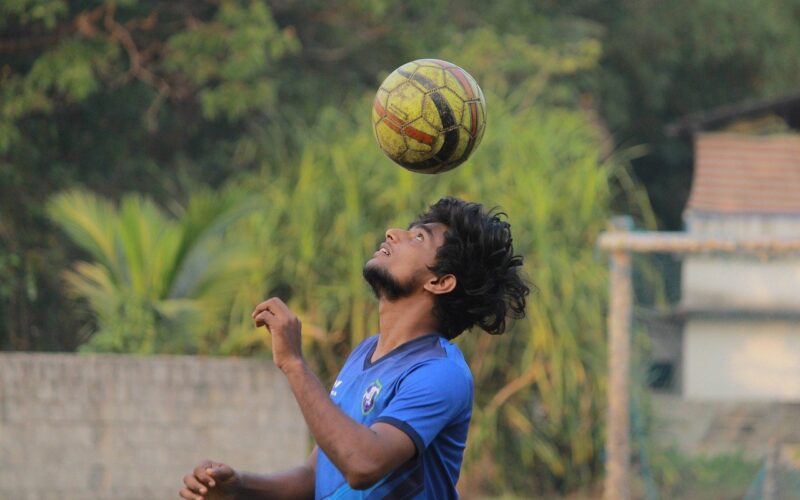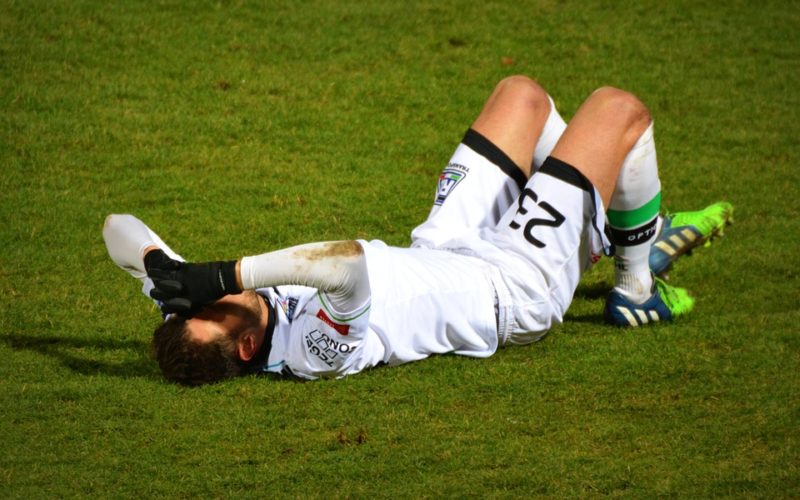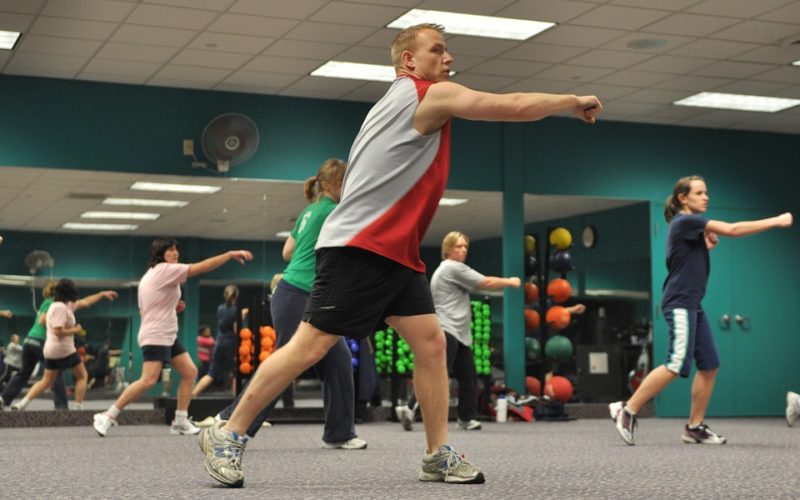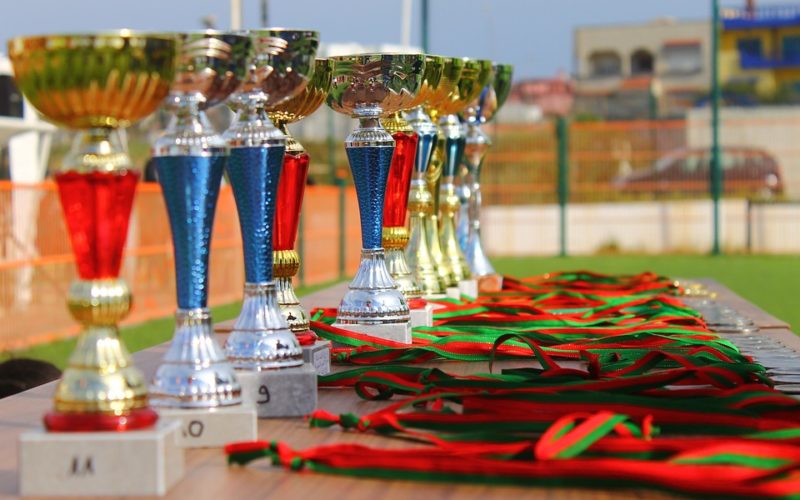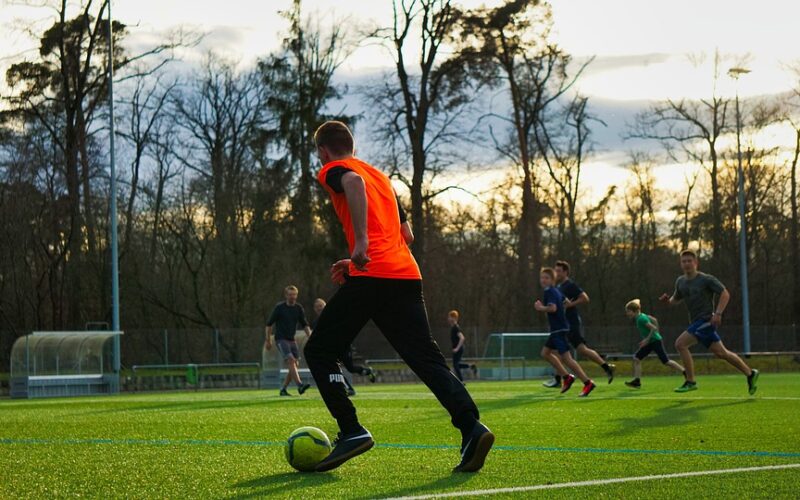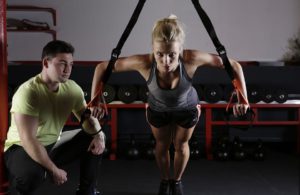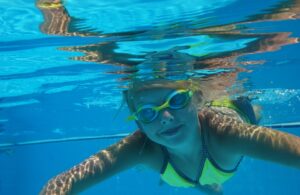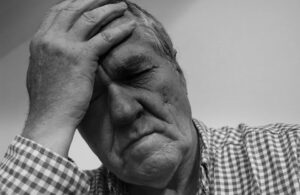Participating in sports requires not only physical strength and agility but also sharp sensory perception. Among the crucial senses, hearing plays an indispensable role in athletic performance. From listening to coach instructions to reacting to game sounds, optimal hearing is essential. However, many athletes overlook the impact of hearing loss on their performance.
The importance of hearing in sports
Hearing is a key component in various aspects of sports. Whether you are on the field, track, or court, auditory cues are vital. They help you communicate with teammates, follow instructions from coaches, and respond to the sounds of the game environment. For instance, the sound of a starting gun in a race, the whistle of a referee, or the calls from teammates all rely on good hearing. When hearing is compromised, athletes may miss crucial information, leading to miscommunication and decreased performance.
How hearing loss impacts athletic performance
Hearing loss can significantly affect an athlete's ability to perform effectively. It can lead to missed cues, slow reaction times, and a lack of spatial awareness. In team sports, where communication is key, even a slight hearing impairment can disrupt coordination and strategy. For solo athletes, such as runners or cyclists, hearing loss can make it difficult to stay aware of surroundings, potentially leading to accidents or disqualifications. Additionally, the psychological impact of hearing loss, such as increased stress and decreased confidence, can further hinder athletic performance.
The role of regular hearing tests
Regular hearing tests are essential for athletes to ensure their hearing remains optimal. A hearing test can detect early signs of hearing loss, allowing for timely intervention and management. Athletes should incorporate hearing tests into their routine medical check-ups, especially if they participate in sports that expose them to loud noises. Early detection can prevent further deterioration and help maintain peak performance levels.
Addressing hearing issues with ear syringing
Earwax build-up can be a common cause of temporary hearing loss among athletes. Ear syringing, a procedure to remove excess earwax, can help restore hearing clarity. Athletes experiencing muffled sounds or discomfort should consult a healthcare professional for ear syringing. Regular ear care, including keeping ears clean and avoiding exposure to excessively loud environments, can prevent earwax-related hearing issues.
Advantages of addressing hearing loss in sports
Taking proactive steps to address hearing loss can yield significant benefits for athletes. Improved hearing enhances communication, reaction times, and overall situational awareness. This can lead to better coordination, more accurate responses to game events, and a boost in confidence. Athletes who manage their hearing health effectively are likely to experience fewer distractions and perform at their best.
Final thoughts on hearing and athletic performance
Hearing loss is often an overlooked aspect of athletic performance, but its impact can be profound. Regular hearing tests and prompt treatment of issues such as earwax build-up can help athletes maintain optimal hearing. By prioritising their auditory health, athletes can ensure they are not held back by hearing loss and continue to excel in their respective sports. Remember, a small step like a hearing test or ear syringing can make a significant difference in your performance and overall athletic experience.
